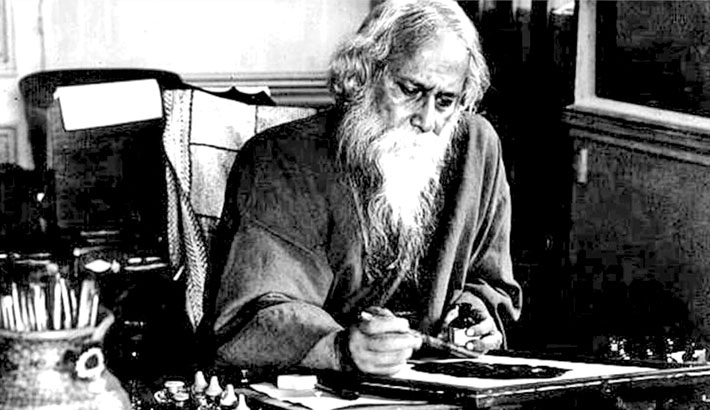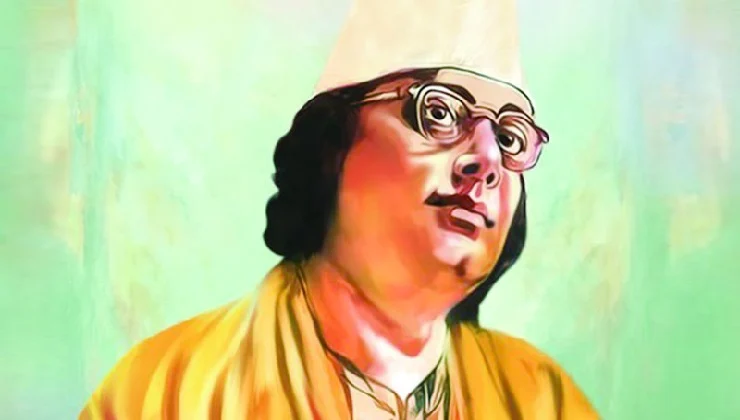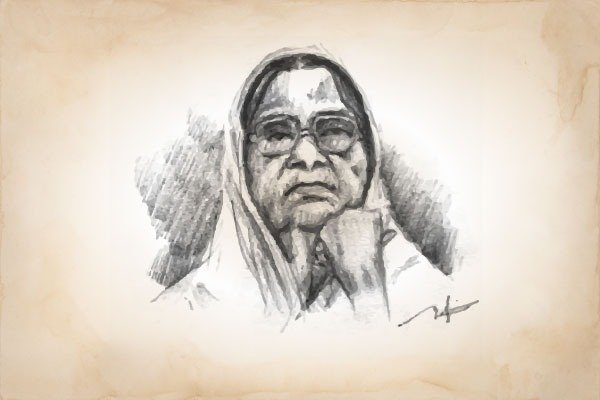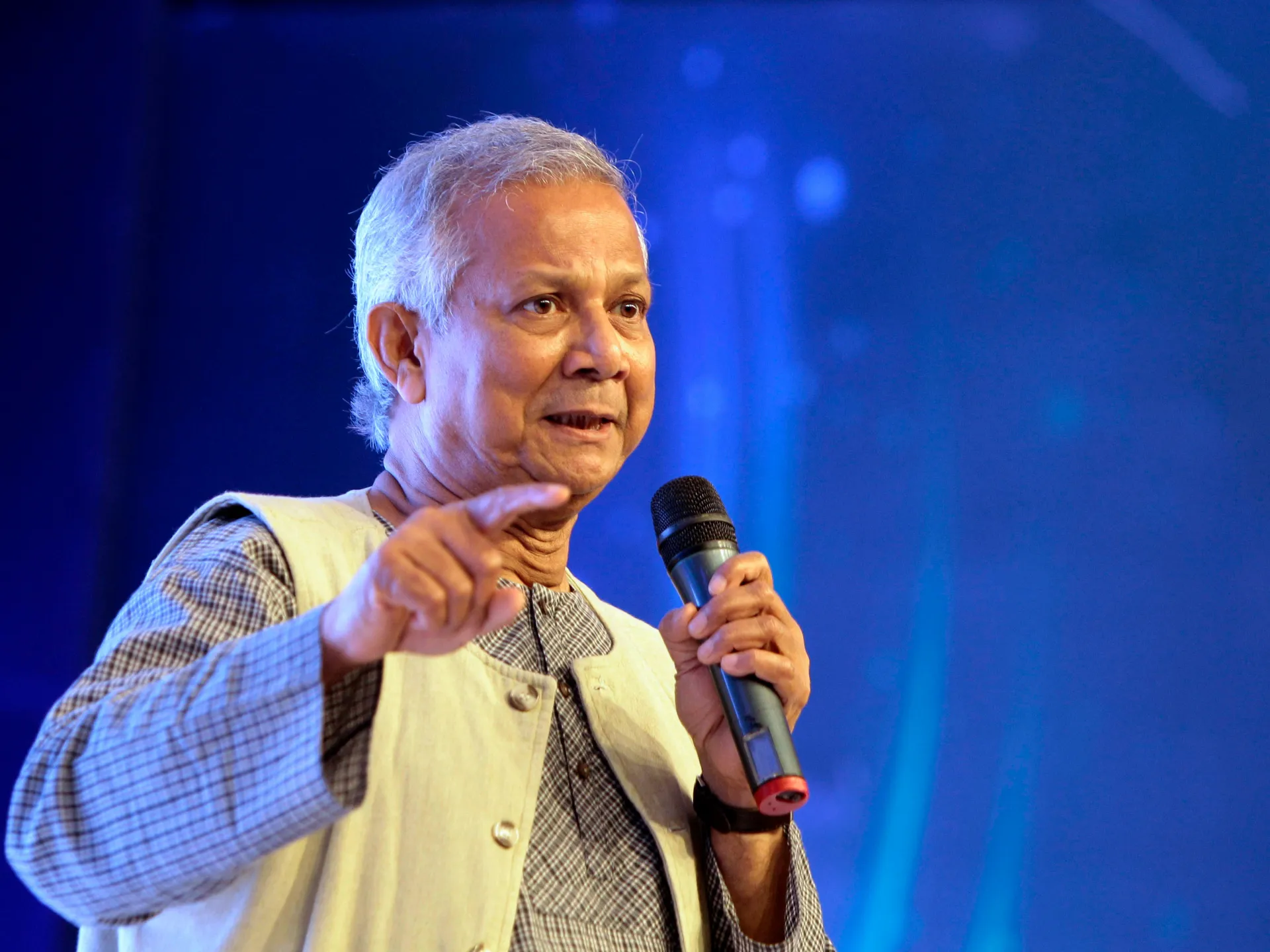Rabindranath Tagore, the illustrious poet, writer, and philosopher, holds a unique place in the hearts of Bengalis and beyond. Born on May 7, 1861, in Calcutta (now Kolkata), India, Tagore’s influence on Bengali literature and music is unparalleled. His works, rich with profound philosophical insights and lyrical beauty, continue to resonate across generations, making him one of the most revered literary figures in the world.
Tagore was born into a prominent family that valued education and the arts. His father, Debendranath Tagore, was a leading figure in the Brahmo Samaj, a reformist religious movement. Tagore’s early education was unconventional; he was largely home-schooled, allowing him to explore a wide array of subjects and develop a deep appreciation for literature and the arts. By the age of eight, he had started composing poems, and his literary journey began in earnest.
In 1913, Rabindranath Tagore became the first non-European to win the Nobel Prize in Literature for his collection of poems, “Gitanjali” (Song Offerings). The Nobel Committee recognized his “profoundly sensitive, fresh and beautiful verse,” which had an enduring impact on the literary world. “Gitanjali,” a collection of 103 poems, explores themes of spirituality, human connection, and the divine, reflecting Tagore’s deep philosophical outlook and his quest for understanding life’s mysteries.
Tagore’s contributions were not limited to poetry. He was a prolific writer, producing novels, short stories, plays, essays, and songs. His novel “Gora” and the short story collection “Galpaguchchha” are considered classics in Bengali literature. Tagore’s works often addressed social and political issues, advocating for a more just and equitable society. His play “The Post Office” and the novel “The Home and the World” are poignant explorations of human emotions and societal changes.
Music was another realm where Tagore’s genius shone brightly. He composed over 2,000 songs, known as Rabindra Sangeet, which remain integral to Bengali culture. These songs, blending classical and folk traditions, capture the essence of human experiences and emotions. Two of his compositions, “Jana Gana Mana” and “Amar Shonar Bangla,” were adopted as the national anthems of India and Bangladesh, respectively, highlighting his profound influence on the cultural and national identities of both countries.
Tagore’s vision extended beyond literature and music. He was an advocate for education and founded Visva-Bharati University in Santiniketan in 1921. His educational philosophy emphasized the importance of creativity, critical thinking, and a harmonious relationship with nature. Visva-Bharati became a center for cultural exchange and intellectual exploration, attracting scholars and students from around the world.
Rabindranath Tagore’s legacy is not confined to his creative output. He was a social reformer who spoke out against colonialism, injustice, and inequality. His writings and speeches during the Indian independence movement inspired many to strive for freedom and justice. Tagore’s vision of a world where




